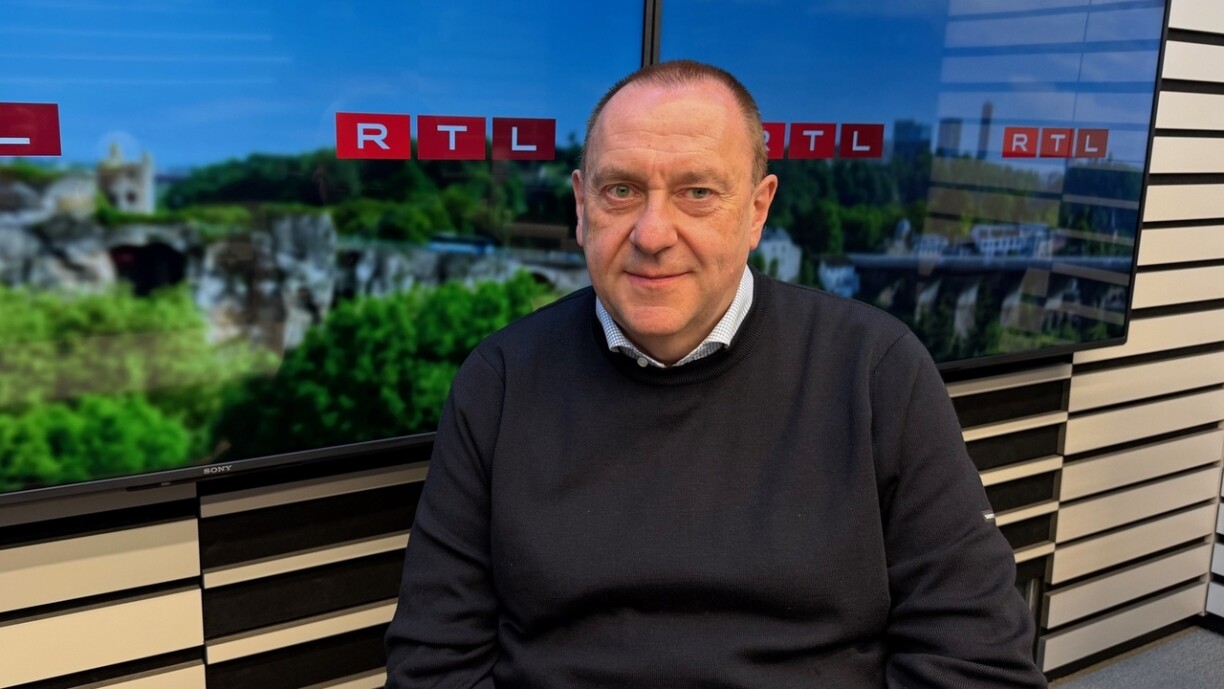
Luxembourg’s newly appointed Prosecutor General, John Petry, identified chronic delays in criminal cases as the judiciary’s most pressing issue during a Tuesday morning interview with our colleagues from RTL Radio.
Petry, who succeeded Martine Solovieff on 1 February, traced the problem to Luxembourg’s economic evolution, stating that since the banking sector’s rapid expansion at least 30 years ago, the Grand Duchy has faced increasingly sophisticated financial crimes – many of which face significant processing delays or remain unresolved entirely.
“This is unquestionably a scandal”, Petry stated, attributing the backlog to a competent but understaffed criminal police unit. While acknowledging the challenge of keeping pace in a small country, he expressed confidence in political willingness to address the issue.
Petry recognised recruitment efforts by former Internal Security Minister Henri Kox and current Minister for Home Affairs Léon Gloden but emphasised the need for more competitive public sector salaries. He also called for full digitalisation of penal processes, noting that while police began digitising records in 2019 (with completion expected this year), similar modernisation at the public prosecutor’s office could take five to ten years.
Petry expressed grave concerns about global democratic backsliding during his interview, citing the United States’ rapid shift toward “what can almost be referred to as an autocracy” as particularly alarming. He contrasted this with Luxembourg’s strengthened legal safeguards following the 2023 constitutional reform, which enshrined judicial independence – particularly for the public prosecutor’s office – and transferred magistrate appointments from the government to the National Judiciary Council.
The reform eliminated two critical vulnerabilities, Petry noted, referencing the Justice Ministry’s former powers to oversee prosecutors or initiate individual cases – authorities now revoked. These changes, he argued, have bolstered Luxembourg’s democratic resilience.
Petry also addressed operational challenges at the overcrowded Cité Judiciaire, which he said has been inadequate since its 2008 opening. With judiciary staff now scattered across Luxembourg City, “from Bonnevoie to Ville-Haute”, due to leased offices, he endorsed Thierry Hoscheit’s proposal for a consolidated complex outside the capital.
This fragmentation “is in no one’s interest”, Petry stated, adding that he believes that the government is evaluating potential solutions. He offered his “full support” for a new, centralised facility to meet growing space needs.
The prosecutor general has committed to overhauling the judiciary’s transparency and media engagement policies, acknowledging the need for significant improvement. Key measures under consideration include publishing court decisions online and addressing concerns raised by Luxembourg’s Press Council through specialised journalist training programmes.
However, Petry emphasised inherent limitations in criminal cases, where investigation secrecy remains paramount. He noted that full transparency in criminal law is impossible and must remain so, underscoring that confidentiality protections are essential both for effective investigations and preserving defendants’ presumption of innocence.